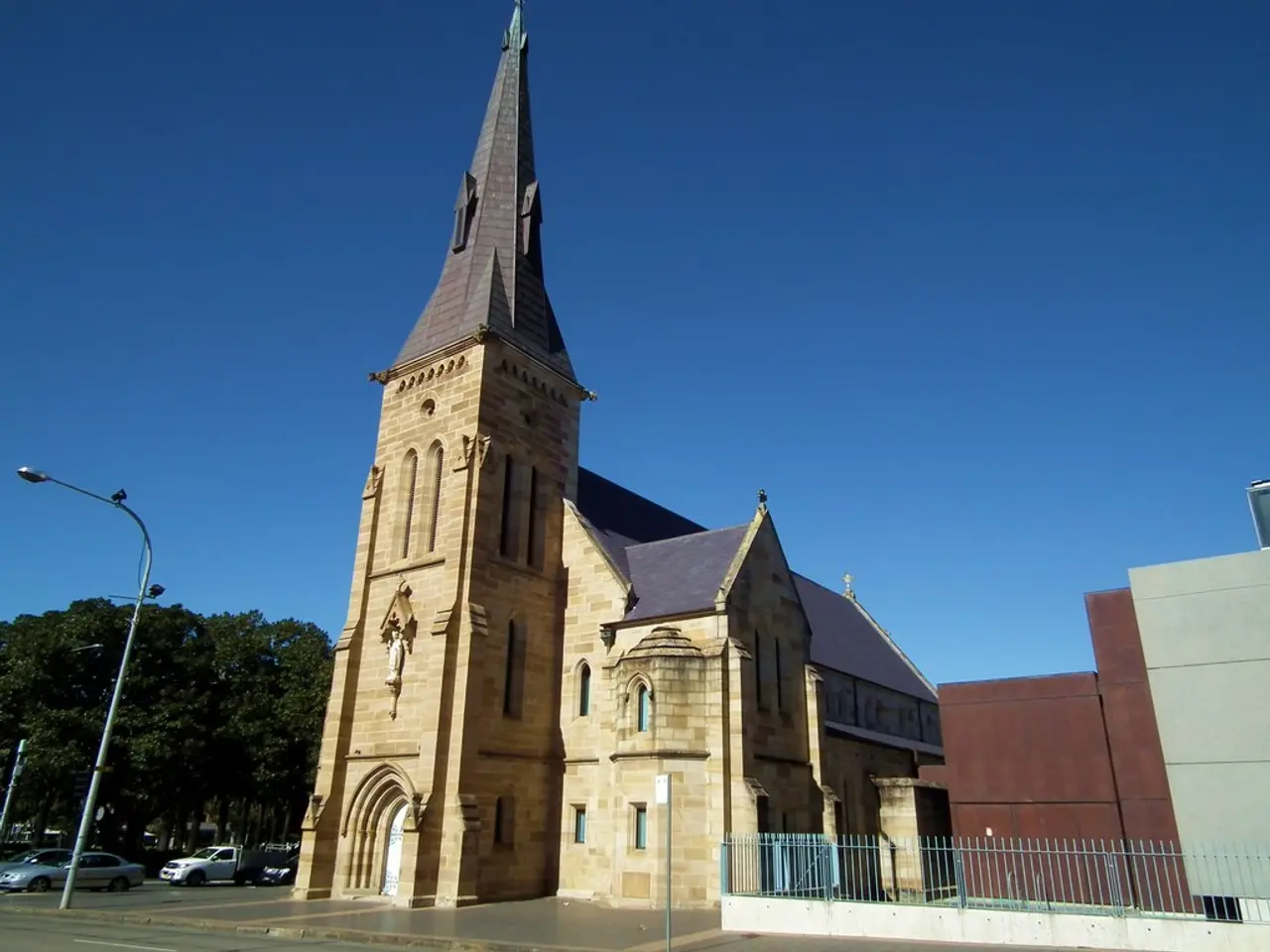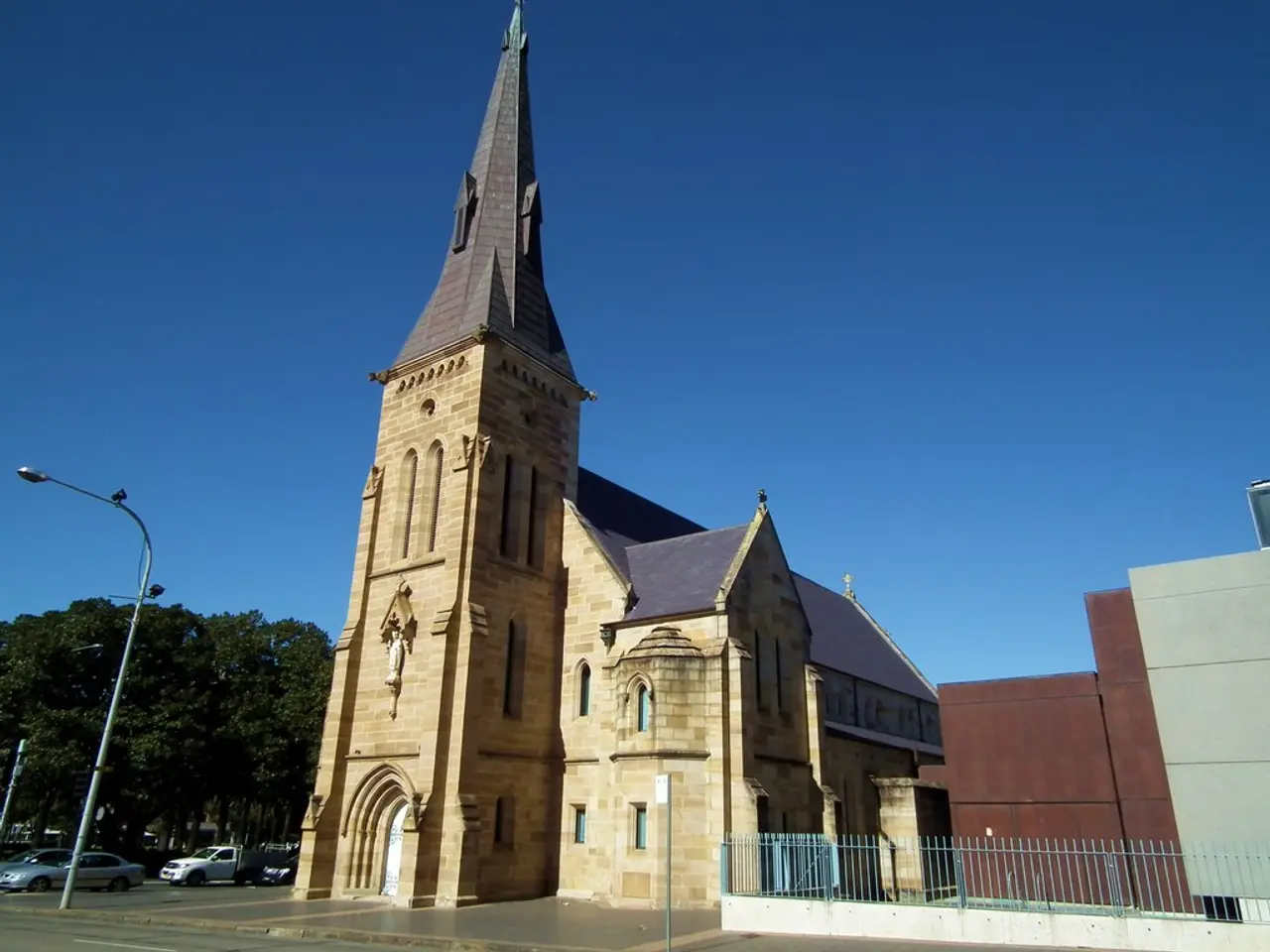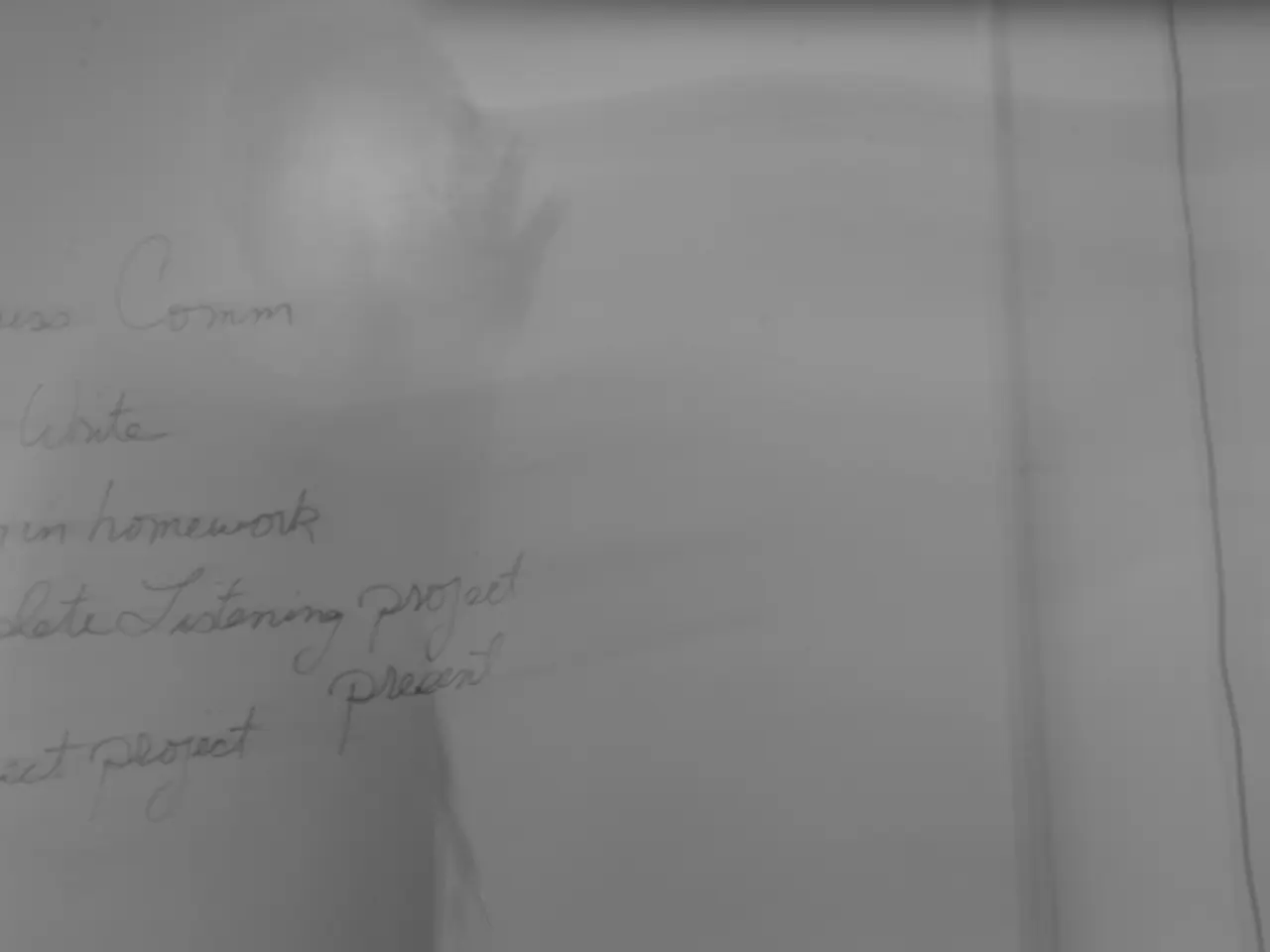European Union's Future Outlined in New Communication by the Commission
In a significant move towards economic revitalization, Minister President Dr. Reiner Haseloff of Saxony-Anhalt has announced the completion of all structural change projects in the city of Halle with the revitalization of the RAW site and the establishment of the Center for Sustainable Materials and Energy (CSME). The projects, funded jointly by federal and state funds, will receive approximately 122 million euros for the RAW site revitalization and 63 million euros for the CSME.
The RAW site revitalization and CSME establishment are key components of the successful shaping of structural change in Halle. These decisions are good for Saxony-Anhalt, as stated by Minister President Dr. Reiner Haseloff, and are expected to contribute positively to the economic development of the region.
The funds for these projects will flow in a planned manner over the coming years. The successful implementation of these projects is a prerequisite for maintaining a competitive industrial society, as per Minister President Dr. Reiner Haseloff.
Beyond these specific projects, Saxony-Anhalt is actively engaged in initiatives that support sustainable development and economic revitalization. For instance, the Ministry of Energy in Saxony-Anhalt is supporting the development of a green hydrogen economy using €87 million from the European Just Transition Fund. This funding aims to advance structural change and climate-neutral transformation in industries, particularly in the Central German mining region.
Another initiative is the Schwemme project in Halle, which is transforming a historic brewery into a hub for sustainable clay construction. While not directly about the RAW site, such projects demonstrate a broader commitment to sustainable development and could serve as a model for other revitalization efforts.
The European Center for Just Transition Research and Impact (JTC) at the University of Halle is involved in various initiatives related to structural change and sustainability, including research into sustainable materials. These efforts contribute to the region's broader strategy for sustainable development and economic revitalization.
The potential impact of these initiatives on economic revitalization is significant. Initiatives like the green hydrogen economy and sustainable construction projects can help Saxony-Anhalt transition towards more sustainable and innovative industries, creating new employment opportunities and attracting investments.
Centers focused on sustainable materials and energy, like the hypothetical CSME, can drive innovation, attracting businesses and talent to the region. This can lead to economic growth and diversification by creating new industries and services.
Community engagement and education are also crucial for long-term economic success. Projects emphasizing social participation and education, such as those under the New European Bauhaus, can help build a skilled workforce and foster community support for sustainable development.
In conclusion, while specific details about the RAW site and CSME are not available, Saxony-Anhalt is actively engaged in projects that support sustainable development and economic revitalization, which can have a positive impact on the region's economic future. The funding decisions for the RAW site and CSME projects are ready for implementation in the city of Halle, marking the completion of all structural change projects in the city.
The funding decisions for the RAW site and Center for Sustainable Materials and Energy (CSME) projects are ready for implementation in the city of Halle, marking the completion of all structural change projects in the city. These projects, along with initiatives like the green hydrogen economy, sustainable clay construction, and the involvement of the European Center for Just Transition Research and Impact (JTC), demonstrate Saxony-Anhalt's commitment to fostering a competitive industrial society across various other industries, particularly finance and business.




